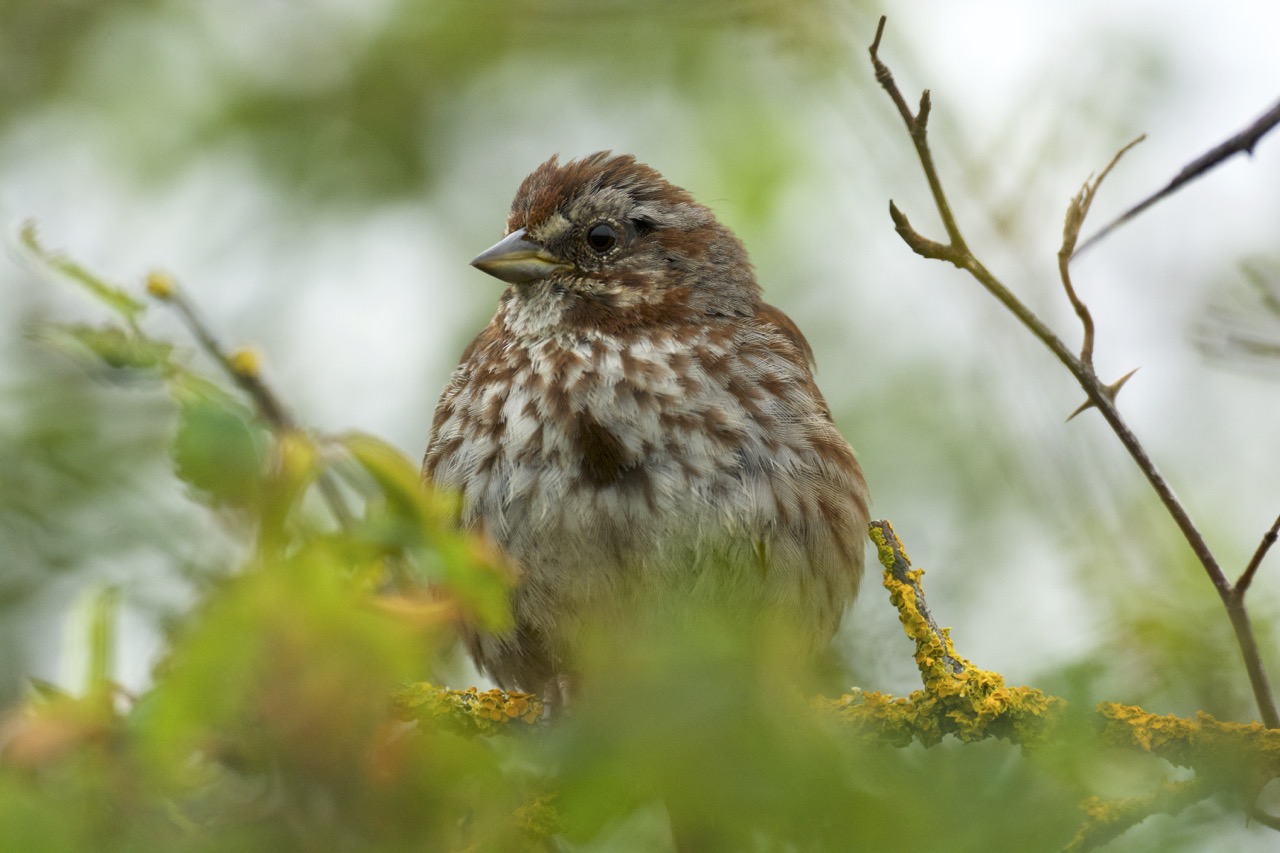
Long term sparrow study reveals nesting struggles
One benefit to long-term studies is that they can yield crucial results and show previously unobserved behavior in different species such as nesting birds. Even a study of nesting success that is conducted over a period of 3 to 5 years might miss patterns or the significant impact of climate variations.
Researchers from the University of British Columbia have conducted a study using data collected from 39 years of monitoring a population of Song Sparrows on Mandarte Island. The surprising results shed insight on how nesting behaviors can vary and change over a long span of time.
The study was published in the journal The Auk: Ornithological Advances.
The researchers chose the Song Sparrow data because the population on Mandarte Island has been monitored since 1975. The Mandarte population represents a unique research opportunity because the birds stay on the island year-round.
“Researchers have been learning about the Song Sparrow population on Mandarte Island since 1960, and monitoring the population continuously since 1975,” said Peter Arcese, a co-author of the new study. “Because the population is semi-isolated, small, and resident year-round, we band all birds in the nest and have genotyped all nestlings since 1991.”
After analyzing the data, the results showed that of over 3,000 nesting attempts among the sparrows, 64 percent were successful. The researchers also noticed several patterns that emerged over the nearly four decades of data.
For example, it was discovered that through the years, older female birds were less successful and this was consistent with all aging female Song Sparrows in the population.
Other factors and their impact on the population were less consistent and more complex such as inclement weather and population numbers.
The results call into question shorter studies and how well they can determine the impacts of different external factors on a species.
“Most studies of plant and animal populations in nature last three to five years, but ecological processes are often dramatically affected by climate and community change, which plays out over decades,” said Arcese. “Long-term studies like ours provide an invaluable record of change in population processes, which can help interpret the results of short-term studies of species not as easily studied as Song Sparrows.”
—
By Kay Vandette, Earth.com Staff Writer
Image Credit: D. Janus













